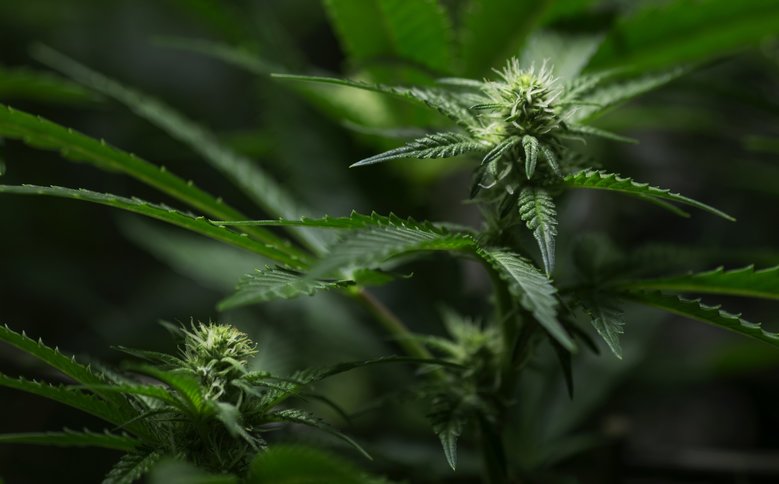Frequently Asked Questions
Haven’t other states that allow home growing had terrible experiences?
Absolutely not. Former Colorado Governor Hickenlooper was adamantly opposed to cannabis legalization in his state from the beginning, and remained skeptical for years, he has since said that “The things we were worried about most didn’t happen.” and “Cannabis legalization has been “amazing” for Colorado” (The Denver Post).
The only real issue that was identified in Colorado was caused by a 99-plant limit in medical gardens, which was remedied by reducing that limit to 12 plants. The lack of negative experience in Colorado was verified by the Washington State Liquor and Cannabis Board in their 2017 study of Recreational Home Grows.
The other suggestion that legal states made to Washington State was to keep recreational home grow plant limits low. The current proposals by Representative Kloba would enable Washingtonians to grow up to 6 plants, which is in line with other states which allow between four to twelve plants.
If small-scale, personal home grows are allowed, will not everyone do it?
This has not been the experience in other states. Growing cannabis is difficult. Buying legal cannabis is convenient and relatively inexpensive. It requires skill, space, money, and time. Giving Washingtonians the freedom to grow at home won’t decrease commercial sale of cannabis any more than home brewing decreases the sale of beer.
Frequently asked questions and misconceptions about homegrow:
While the right of homegrowing is the norm among legalized states and recreational cannabis is popular among Washingtonians, some people still have misconceptions about what will happen if we join other states in granting the right to grow a small amount of cannabis at home. Many of these misunderstandings are easily remedied with a few key facts.
Will allowing home grown cannabis hurt tax revenues?
This has not been the case in states like Michigan and Colorado that have legalized home grow. Michigan commercial dispensaries had lines wrapping around the block and generated half a million dollars in tax revenue in the first two weeks they were open, despite home grow being legal there for almost a year.
Not only has there been no evidence that home grow hurts tax revenue, taxes are a bad justification for a law that lets the state seize your house for growing 6 plants. Banning home grow to protect taxes on commercial cannabis is like banning bicycles to protect taxes on gasoline
How will law enforcement know if someone is growing six plants and not more than they are allowed?
Law enforcement will know if someone is violating the law by employing probable cause searches or search warrants, just as they do with any suspicion of any other illegal activity. The intent of the law is to prevent growers from being able to accumulate enough cannabis to sell outside of the regulated commercial market and to protect neighbors from problems that large gardens can create. The difference is, with legalized homegrow, the police would not be able to seize a house just because six plants were growing inside, and they can do this today.
What about increased access for children?
That is a good question and an issue the cannabis industry is and should be aware of.
Section 1(7)(m) on page 4 of the bill language prohibits home growing in any housing unit that is also used to provide early childhood education and early learning services by a family day care or a foster family home as defined in RCW.
What are the details of the law being proposed to legalize cannabis homegrow?
- Provides that adults may produce and possess up to six marijuana plants at their housing unit.
- Adults can keep what they harvest from these plants. Establishes production and possession limits for certain marijuana products derived from the plants.
- Establishes a 15-plant limit per housing unit, no matter how many people live there.
- Requires marking of marijuana plants and marijuana produced from those plants with the person’s name, date of birth, address, planting date, and harvest date.
- Retains the right of property owners to prohibit cultivation of marijuana by a renter or lessee under a rental agreement.
- Protects marijuana and marijuana products, and the property on which they were produced or possessed under this law from seizure and forfeiture.
- No growing in residences that are also foster homes or day cares
- Odor and/or Views from off property prohibited. Penalty-Class 3 civil infraction.
- No property seizure and forfeiture when growing within the law.
- Clarifies that LCB has no authority for enforcement of home growing within the law.
- HB 1019 2021-22
